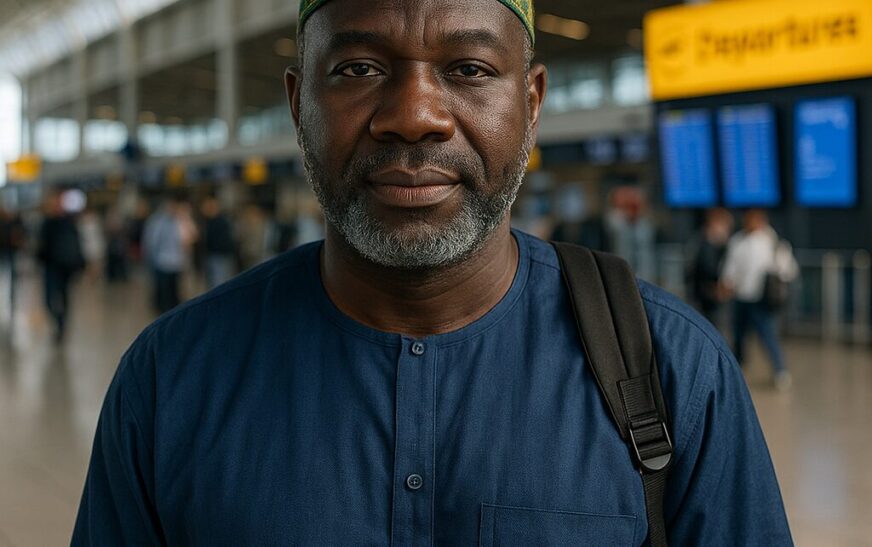The United Kingdom has become a top destination for Nigerians seeking better work, education, and quality of life—so much so that Nigeria now ranks second among all non-EU+ countries in migration to the UK in 2024.
According to new data from the UK’s Office for National Statistics (ONS), a staggering 120,000 Nigerians moved to the UK in the 12-month period ending June 2024. This places Nigeria just behind India, which led the list with 240,000 new arrivals.
The figures highlight a continuing trend in what has popularly become known in Nigeria as Japa—the mass movement of Nigerians, especially young professionals and students, to countries with perceived better opportunities.
The New Migration Map
Here are the top 5 countries from which the UK welcomed non-EU+ migrants in 2024:
-
India – 240,000
-
Nigeria – 120,000
-
Pakistan – 101,000
-
China – 78,000
-
Zimbabwe – 36,000
The data also showed that a majority of the migrants (82%) were of working age, between 16 and 64 years, with a fairly even gender balance. Children under 16 made up 17%, while only 1% were aged 65 or older.
Why Nigerians Are Moving
The ONS reports that most non-EU+ migrants moved to the UK primarily for:
-
Work opportunities (417,000 people)
-
Educational advancement (375,000 people)
Nigerians have been especially prominent in both categories—many taking up skilled jobs in healthcare and tech, and thousands pursuing undergraduate and postgraduate studies.
The UK’s reputation for high-quality education and its structured work visa system make it particularly attractive to Nigerian students and professionals.
What This Means for Nigeria
While the Japa wave continues to offer new opportunities for migrants, it also raises concerns about brain drain. With many doctors, nurses, and tech professionals leaving, Nigeria faces increasing gaps in critical sectors.
Still, remittances from Nigerians abroad—particularly those in the UK—have proven economically significant. In 2023 alone, Nigerians in the UK sent an estimated $4 billion back home.
What’s Next?
As the UK reviews its immigration policies, especially under current economic and political pressure to limit migrant intake, Nigerians looking to move should expect more rigorous application processes, including higher income requirements and fewer visa quotas in certain categories.
At iJapa.ng, we’ll continue to track these trends and provide insights to help you make informed decisions—whether you’re planning your journey abroad, considering a return (Japada), or simply trying to understand the bigger picture.
This story was inspired by data originally reported by Efosa Taiwo and the UK Office for National Statistics.











